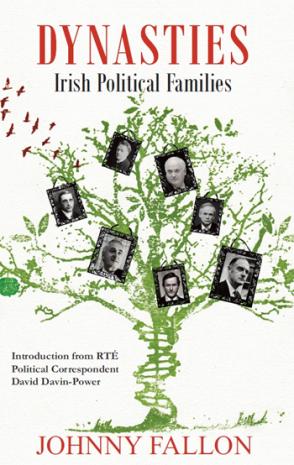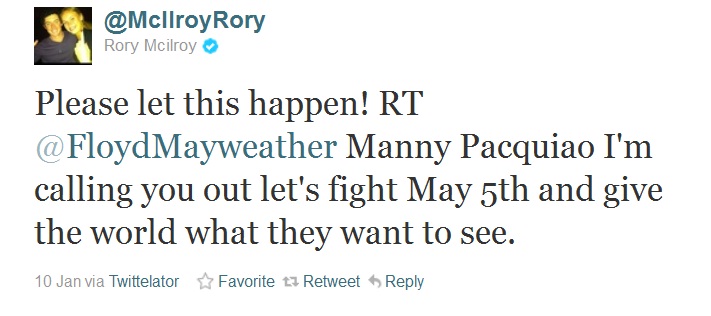Johnny Fallon is the author of Dynasties: Irish Political Families which was published this month by New Island Books. I’ve asked to him to contribute a post considering Dynasties, gender and the current debate on gender quotas in increasing women’s participation in politics.
Irish political life has been dominated by the power of big names. The influence of family and contacts cannot be underestimated. It is quite clear that when running for the senate or in a snap by-election, if you have a name people recognise and are positively disposed to then you have an enormous advantage. Irish politics is highly personalised and despite perceptions of party loyalty the Irish voter tends to cling to a person or a name above any party badge.
It is also quite clear that those who come from political families serve a long apprenticeship. There is no record of a dynastic member doing a ‘George Lee’ and becoming shocked at what a TD does or frustrated with the system and packing it all in. They know exactly what they are getting into and this is a huge advantage to any party.
The problem is that it is difficult to say how many good candidates or Leaders have never had the chance to be elected due to the fact that they share a constituency with a famous name. It is telling that almost half of all the women TDs that have ever been elected to Dáil Eireann hold a dynastic connection. Indeed it is only in the last 20 years or so that real progress has been made as for many years being a female TD was almost the exclusive preserve of women who were replacing a father, husband, brother or some other relation.
The recent proposals on gender quotas will pose some interesting questions for the future of dynasties. On one hand there are dynasties that will find it difficult and may just find themselves edged out as parties rush to get more women on their ticket. However, where a dynasty has a strong female voice their position may become unassailable. The introduction of quotas may well see far more daughters of politicians rather than sons running in the future. A means to balancing a ticket, a recognisable name, and through family connections possessing the respect of grassroots workers and colleagues is the perfect recipe for success and will prove irresistible to the backroom teams headhunting candidates.
When talking of policies such as gender quotas many of the opponents point to an inherent anti-democratic bias within such a system. They suggest its all about ability and nothing else should be considered. There are a number of problems with this analysis however. Firstly, my earlier figures on the amount of women TDs who had dynastic connections relate purely to those with a relative in the Dáil and take no account of the many more who are relatives of local councillors. The amount of women who have come to politics of their own accord and built their name solely upon this is far less that their male counterparts.
This brings us to the real point, the real reason that quotas are being considered. Our system of selection is based only on one ability, the ability to network. Whether you are male or female you must follow the same ritual, the problem is that this ritual was established by and suits a far more traditional male lifestyle. You do not breeze in and out of meetings, you hang around, and you court the right people, the kingmakers. You stay for a few pints. You do this as often as possible night after night. You get involved with the GAA club, you get involved with the drama group, and you get involved in every group and society going. You attend every fundraiser, you get to every gathering, and you get your mug in the paper. You get out there, night after night, you make sure to be friendly, stay on, have a few pints, and get to know the people. Whether we like it or not, you can have ability coming out of your ears but people still want the friendly, amiable, decent skin who shows up to their gig regardless.
This problem affects all those who want to run for election. But, disproportionately it affects women. Let’s talk straight. In Ireland today far more women than men still take on the main burden of responsibility for kids and family. Going to meetings night after night is fine for a man who has a supportive wife at home, however the number of women who can rely on male support when they return from their long day in their tough job, is far less. Sorry, brothers I know I’m selling us short, but it’s a fact. The culture of the political ‘network’ is hard to break. If most of the local kingmakers are men, how does a woman impress in the conversation, over a few pints, is she comfortable doing it? What if she’s just not into the football?
The system was designed by men in an age when men did not worry about putting the kids to bed. It would be considered a crime if someone suggested a political meeting or selection convention took place just after the school run, why? Because too many people are at work at that time. It’s far better to hold the meeting at 8pm or 9pm when only the housewives or primary carers are stuck putting the kids to bed.
If women want a career in politics then they can come to it after they have raised the family. However, the problem with this approach is that in the New Ireland more and more men are also taking up such duties and placing a higher priority on time with their family than their predecessors did. The system is now also losing a small but increasing number of male participants.
If you come from a political dynasty you are already connected. You already have a name to trade on; it is far easier to build the network. Therefore it is quite clear that first we need to understand the depth of the problem and how the ‘game playing’ at local level is a turn off. It cannot be changed by those who either use the system to cement their own position or by those who never faced the real difficulties of breaking into the network. Change must be led by the people the system currently militates against. Gender quotas do not have to be forever, however, they may be the only way to get such people in place that the change can be effected in the short term.
Either way, one thing is clear, political dynasties are resilient and built on enormous accumulated knowledge, they will find a way to change and adapt and grow within whatever rules are proposed.
Competition! If you would like to win a copy of Dynasties: Irish Political Families by Johnny Fallon (New Island RRP €16.99) please leave a comment below to be included in the draw. Closing date 27 December.



